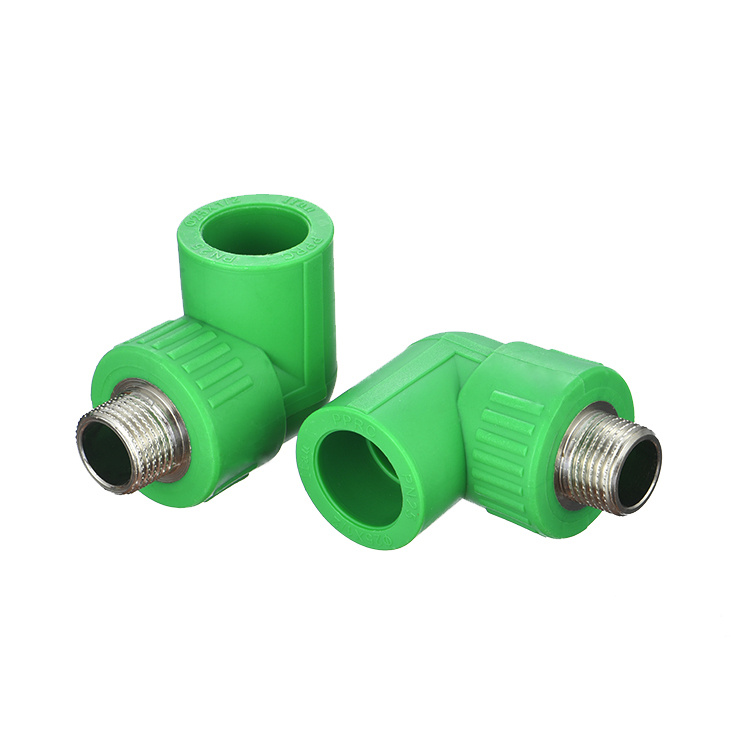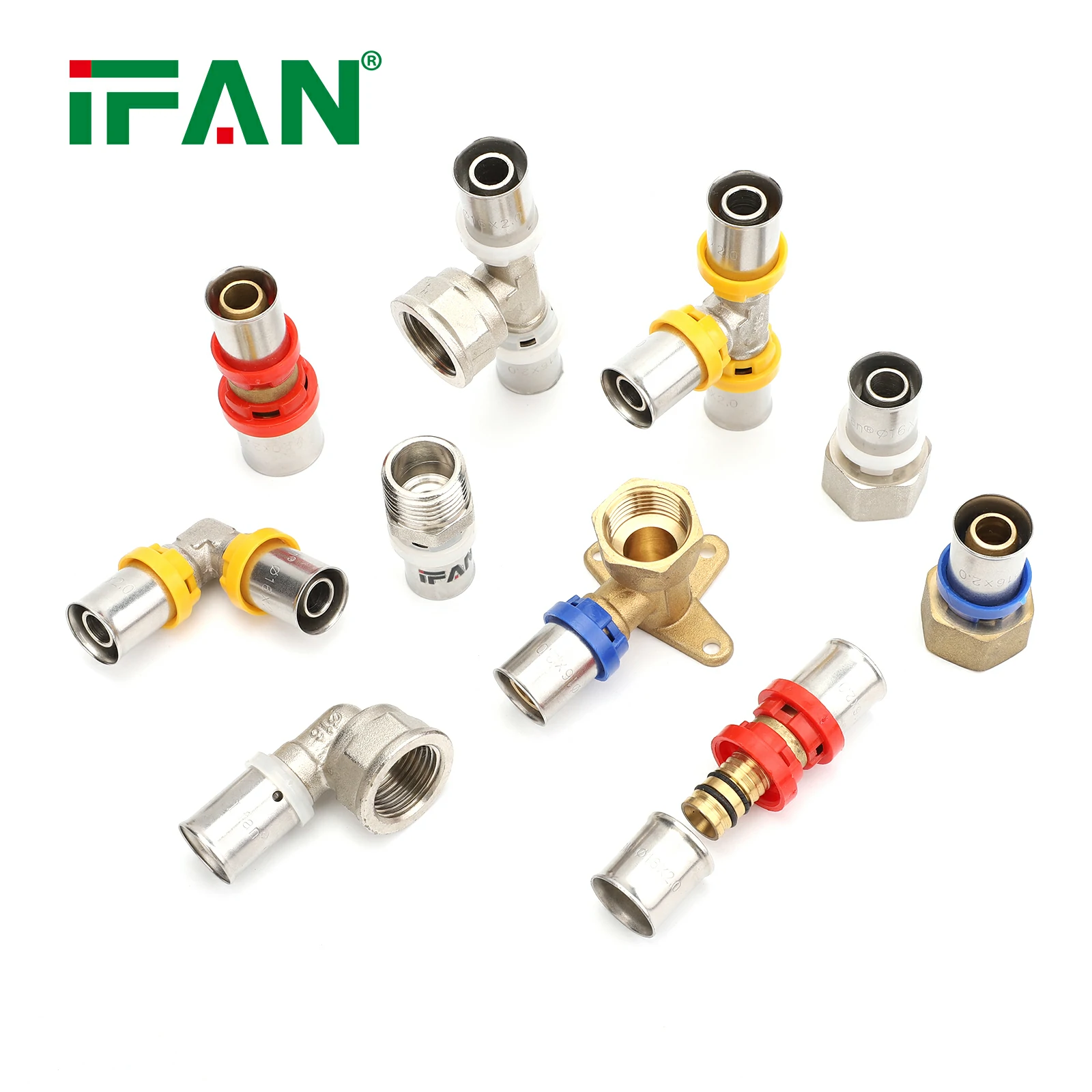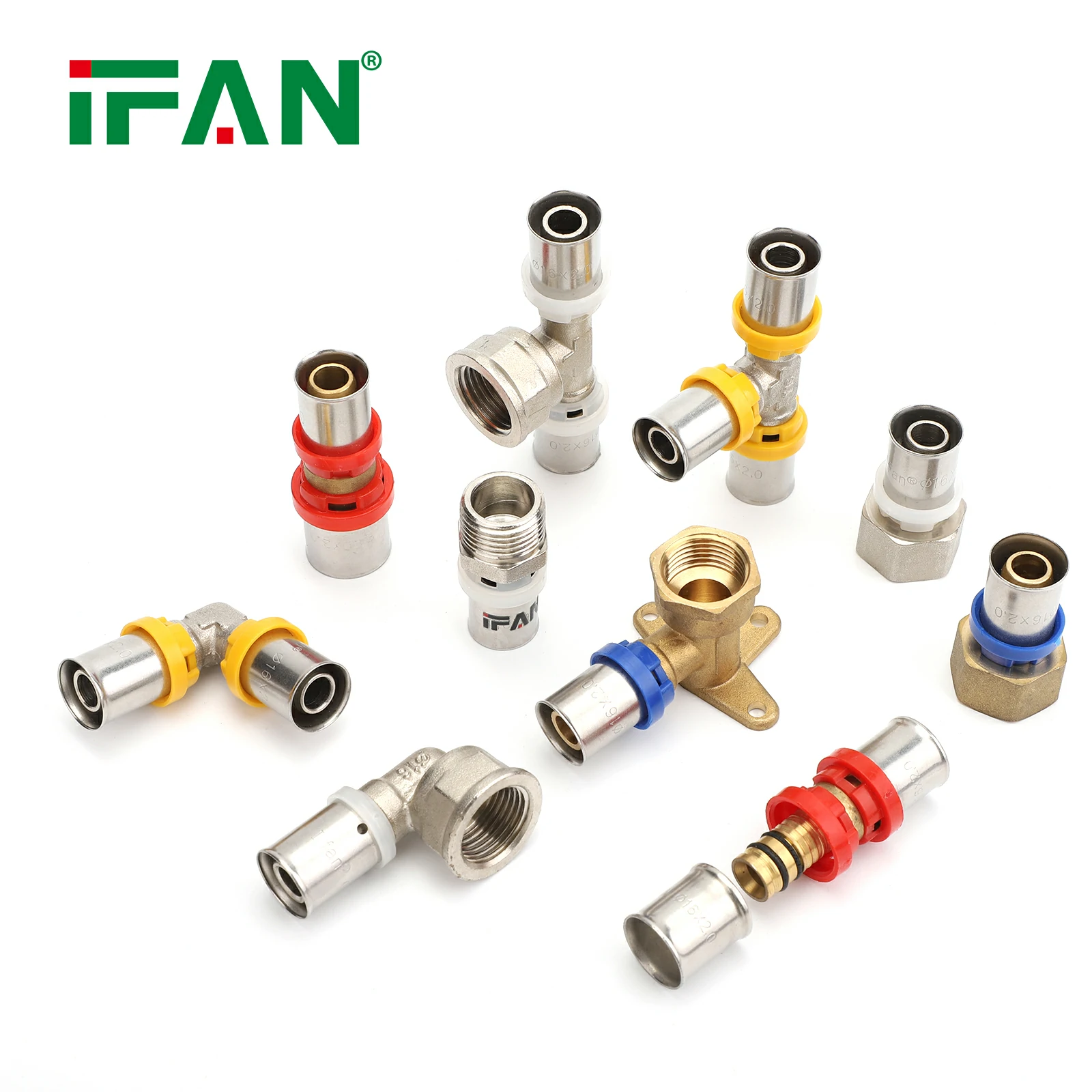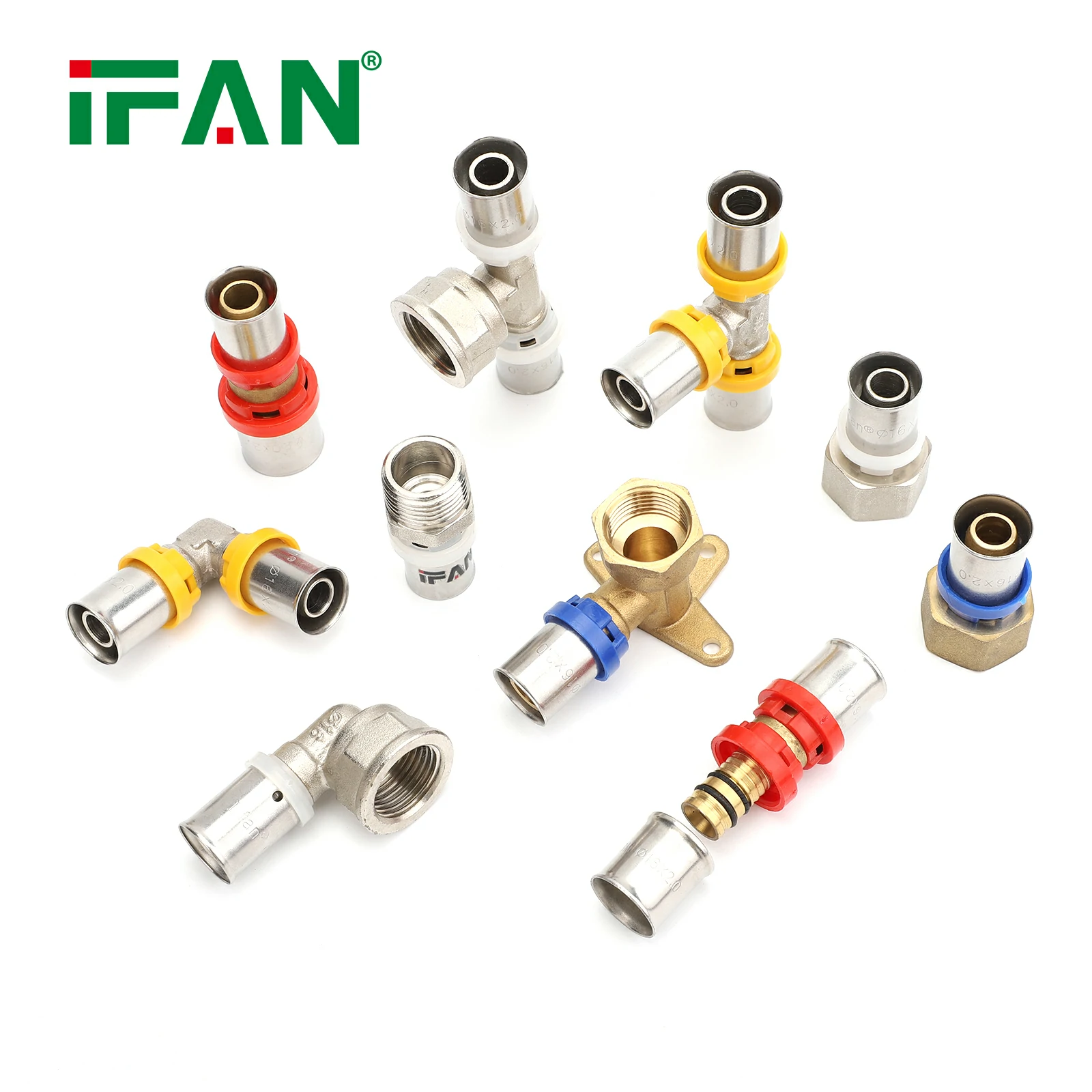Are PPR pipe fittings resistant to chemicals and corrosion?
Yes, PPR (Polypropylene Random Copolymer) pipe fittings are resistant to chemicals and corrosion. Here are some key points regarding the chemical resistance and corrosion resistance properties of PPR pipe fittings:

1. Chemical Resistance: PPR pipe fittings exhibit excellent resistance to a wide range of chemicals commonly found in plumbing systems. They can withstand exposure to acids, alkalis, organic solvents, and various chemical compounds without degradation or corrosion.
2. Acid Resistance: PPR pipe fittings are resistant to both organic and inorganic acids, including hydrochloric acid, sulfuric acid, nitric acid, and acetic acid.
3. Alkali Resistance: PPR pipe fittings can withstand exposure to alkalis such as sodium hydroxide, potassium hydroxide, and ammonia without being affected.
4. Organic Solvent Resistance: PPR pipe fittings are resistant to many organic solvents, including alcohols, ketones, esters, and hydrocarbons.
5. Corrosion Resistance: PPR pipe fittings are not prone to corrosion like metal pipe fittings. They do not rust or corrode, ensuring the integrity of the plumbing system over time.
6. Longevity: PPR pipe fittings have a long lifespan, thanks to their resistance to chemicals and corrosion. When used within their specified temperature and pressure limits and installed correctly, they can maintain their performance and durability for many years.
It is essential to consider the specific chemicals and their concentrations that will be present in the plumbing system and ensure that the PPR pipe fittings are suitable for the intended application. Adhering to manufacturer guidelines, local building codes, and best installation practices will help ensure the chemical resistance and corrosion resistance properties of PPR pipe fittings are fully utilized.






